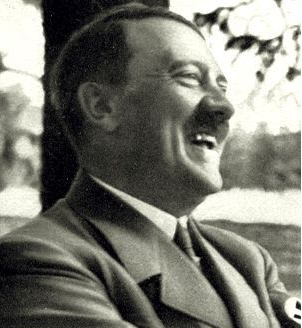
The Day Hitler Did Good

We will never know what Adolf Hitler's intelligence quotient was, but it must have been very high. Ingeniously he steered Germany out of the Great Depression, using methods which astonished even economic professors. Alone he began World War II and alone he masterminded and waged it, astounding the best military minds in the way he swiftly conquered France, even though, in the end, thankfully for us, the war proved to be too much for any single mind.
He was undeniably evil; and yet, like all evil minds, he could not have been all evil. For in the real world, there is always some good in even the darkest soul, just as there is always some fault in the best among us.
Here is the story of a rare and brief occasion when Hitler showed us, gave us just the most fleeting glimpse, of just what a world a genius of his magnitude might have helped create, if only he could have dedicated himself to good.

Take this, and go talk to people who know more about it than I do.
But whatever you do, don't forget about it -- Adolf Hitler
In the early 1930's automobiles were exclusively the preserve of the rich. They were relatively new to the world, and cost so much to produce that it seemed they would never come within the reach of those who laboured to create them. For those who were not rich, there was only public transport, buses and trams or, despite the weather or the distance, they would just have to walk.
Hitler never saw why it should have to be that way. As he would ride in the back of his chauffeur driven limousine he was troubled by the sight of the many old people he would pass, or by young mothers struggling with their children and their shopping, as they'd make their way home on foot or by bus while the rich and the privileged just went bouncing past them in their plush cars.
And so, while at lunch one day the ex-artist took a table tissue and quickly sketched a design, which had been in his mind for some time and which most of us today would instantly recognize. Then he gave it to his dinner companion, Jakob Werlin, and said, "Take this, and go talk to people who know more about it than I do. But whatever you do, don't forget about it. I want to hear from you soon, with the technical details. It must be able to carry two adults and three children, cruise at 100 kilometres per hour (60 mph) and do 12 km on a litre of fuel (33 mpg), and it mustn't cost more than 1,000 marks"
By the standards of the day, this seemed impossible. The price alone was not much more than the cost of a motorcycle. But nevertheless Werlin did as he was asked, and soon the design came before Ferdinand Porsche, a leading automotive designer. He famously met with Hitler at the Reichschancellry in Berlin, and the two men talked into the night, Hitler drinking glass after glass of water* while Porsche enjoyed his favorite cognac. Hitler's drawings were studied, modified slightly, a new lightweight engine was projected, and designed in such a way that its components would be both reliable, cheaper to make and easy to remove and replace... and by the end of that night, the Volkswagen, which means "People's Car", was born.
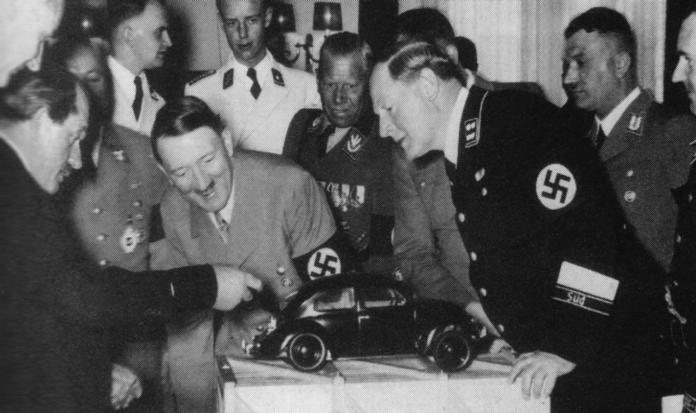
Ferdinand Porsche and Adolf Hitler, inventors
of the Volkswagen "People's Car", look over a model of their creation. The
design was so ingenious
that incredibly, and uniquely in this modern world of
competitive car designs which quickly come and go with the trends,
it hardly
changed in over 70 years. No other design comes close to this record.
Then, Hitler set about building the autobahns, the German interstate
highways, to carry them.**
By 1935 the Volkswagen V1 saloon and the V2 convertible were already cruising the new highways with their proud working class owners. Hitler had already taken delivery of the very first ones off the production line. Standing beside the first V2 in admiration, he said, "Aaah, my Beetle". And the name stuck.
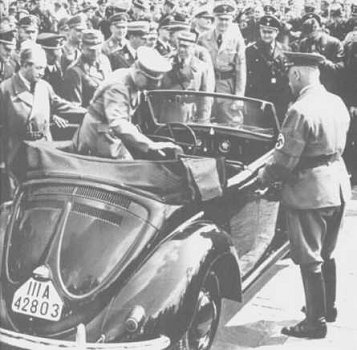
Adolf Hitler climbing into the back of his "Beetle".
So how should we judge this achievement? You know, we human beings are great ones for never giving credit for an act of Good, and then always being quick to condemn any act of Bad. Now that's all very well, except that if this idiom of one-way traffic were practiced upon even the best of us, with points taken off us for the mistakes we make and no points awarded for our good achievements, then we would all end up down in the nether regions of Hell looking very bad indeed. So if we are not to practice such injustice, then we must always try to find the fairness to award credit points wherever they are deserved -- irrespective of how many bad points may already have been earned by the same individual on other matters.
And so, I say well done Adolf. Good job. In your case, however, a bit more often would have been nice.
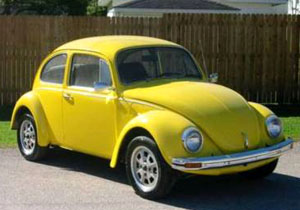
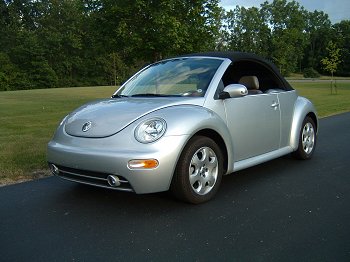
--- Michael Alan Marshall
* Hitler was a teetotaller, a non smoker and a vegetarian.
** There was for many years a lame excuse going around that Hitler built the autobahns so that he could move tanks quickly from one part of the country to another. They could of course be moved much faster, using far less fuel, if they were sent by rail and in any event the metal caterpillar tracks of so many tanks would have quickly torn up the road surface. Further, an aggressive expansionist like Hitler had no intention of using his tanks on his own territory. He actually built the autobahns to cope with his projected increase in the volume of civilian traffic. Ultimately this and the creation of people's cars was part of his program to create employment and boost the economy. It was all about getting Germany out of its economic slump by finding things for people to do.
Other bad people who did good.
Here are a few other people who acquired a reputation for their bad deeds -- while their good ones went suspiciously unnoticed.
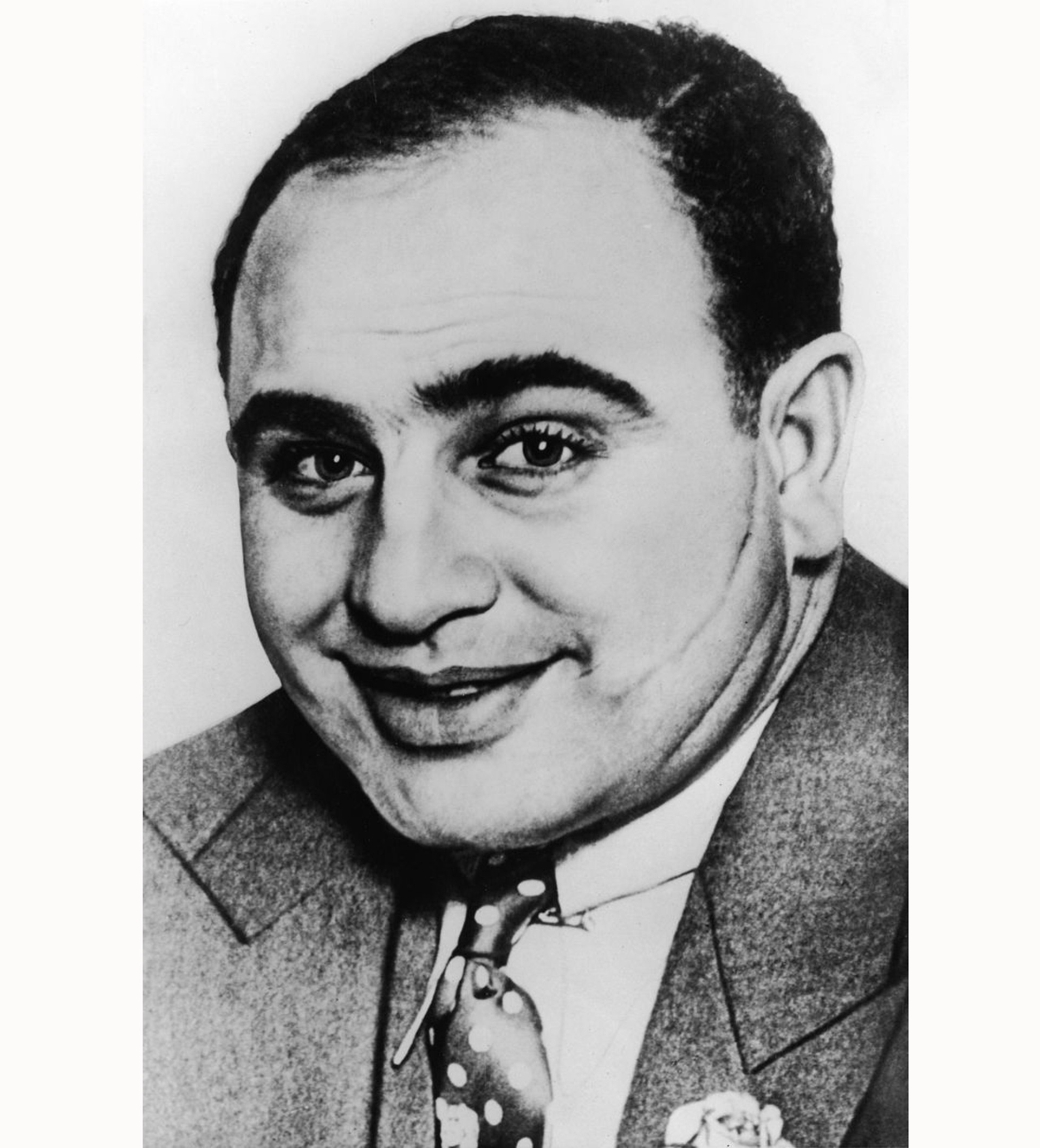
Al Capone, the infamous Chicago crime boss, opened the city's first soup kitchen during the Great Depression, providing free soup, coffee and doughnuts for over 2,000 unemployed or homeless people every day. "He couldn't stand it to see those poor devils starving, and nobody else seemed to be doing much, so the big boy decided to do it himself," said one of his associates. Capone also paid the school fees, to send to top private schools, bright but poor kids whose parents couldn't afford to send them to school, or kids who were not being given the chance they deserved through having to attend under-funded establishments in run down areas, and in 1932, despite being in jail and having lost all his power, he posted a $10,000 reward for information leading to the arrest of the kidnapper of aviator Charles Lindbergh's little baby boy.
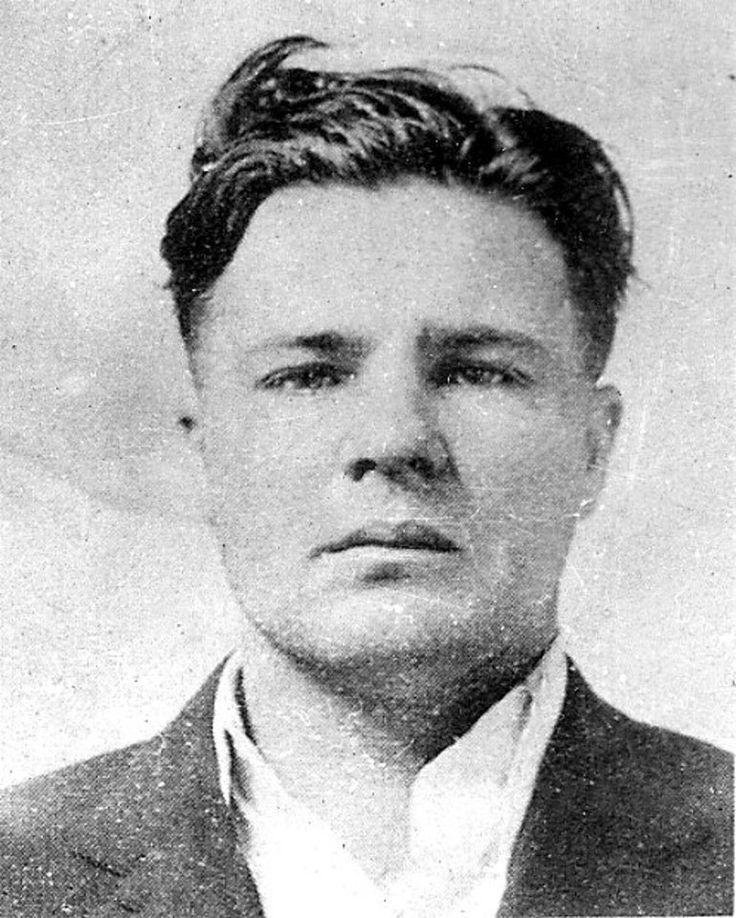
Pretty Boy Floyd was a gangster who robbed the banks which were stashing the mortgage payments made by thousands of poor farmers during the Depression. The banks were coining it in by foreclosing on the farmers' mortgages, picking up the farms cheap and rendering the farmers and their families homeless, so Floyd would hand the money back to the farmers -- so that they were using the very same money every month to pay their mortgages. He also burned their mortgage papers at the bank and advised them to withhold their payments until they received a reminder, which would not occur if their papers had been among those burned. When Floyd was eventually killed by the FBI, thirty thousand people attended his funeral, which became a no-go situation for the police, many of whom were seriously attacked by mourners in the days leading up to the event.
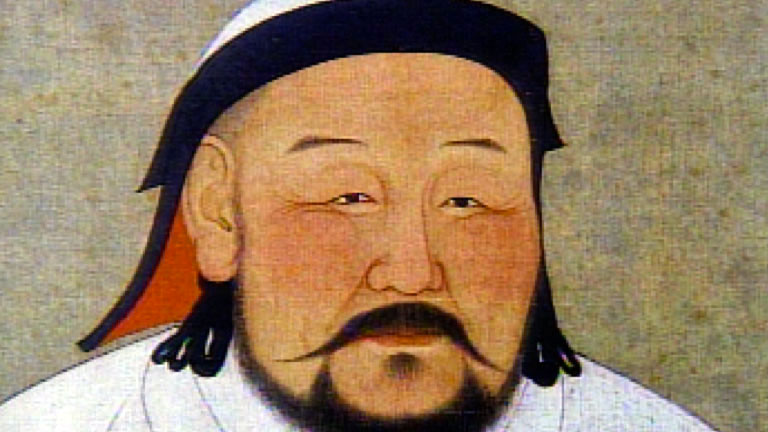
Genghis Khan guaranteed complete religious freedom in all his dominions, and would order his captains to go into the cities he was about to obliterate, and bring out all the scholars, artists and people of talent first.
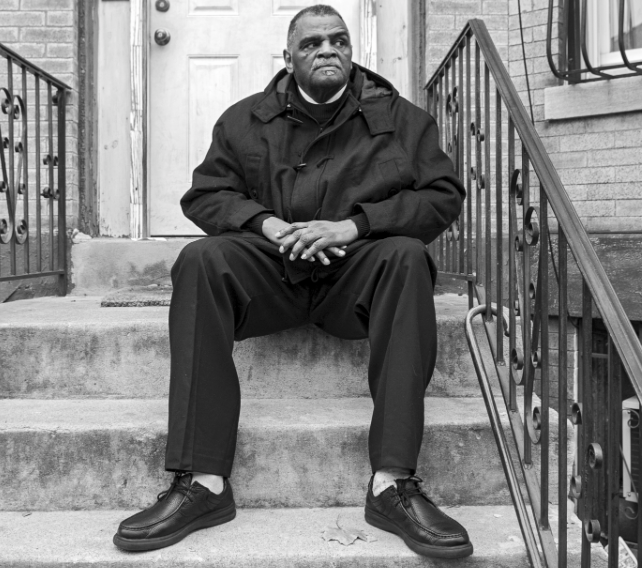
Dr. Ozel C. Brazil was the American politician and fraudster who fiddled the books in Los Angeles local government offices -- in order to send 18,000 poor students through university free. 98 per cent of them graduated. Exposed in 2003, he got 3 and a half years' jail.
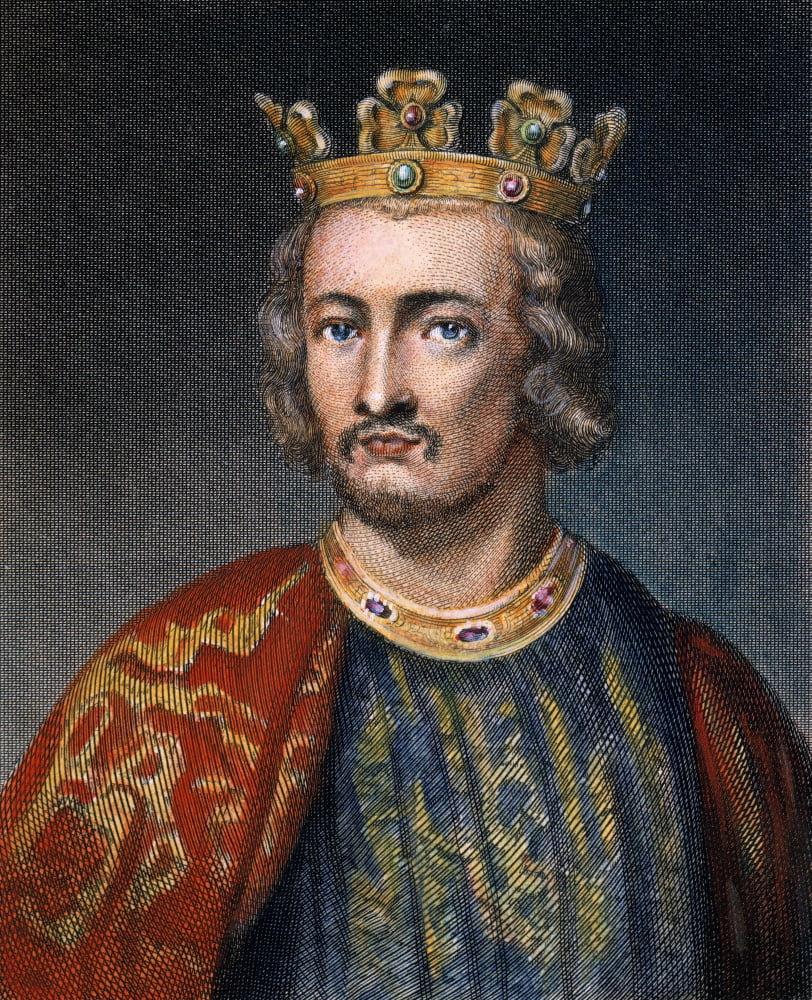
Prince later King John looked after England while his brother, Richard the Lionheart, was away on the Crusades. Richard hated England but John spent a fortune developing the place. He hated the fact that Richard had given the running of England during his absence to William de Longchamp, so he deposed Longchamp and grabbed the reins himself -- to then be damned as a usurper while he was actually organizing the payment of the ransom to get Richard back after he had been kidnapped in Austria on his way home, and held prisoner.
John paid the ransom and, entirely against his own interests, got his brother back. When Richard was eventually killed by an archer, John became king. Richard, on his deathbed, beseeched John to spare the archer (who had actually done John such a favour), but John, overcome by anger and grief, had the archer flayed alive.